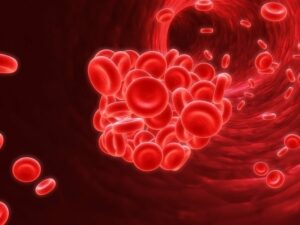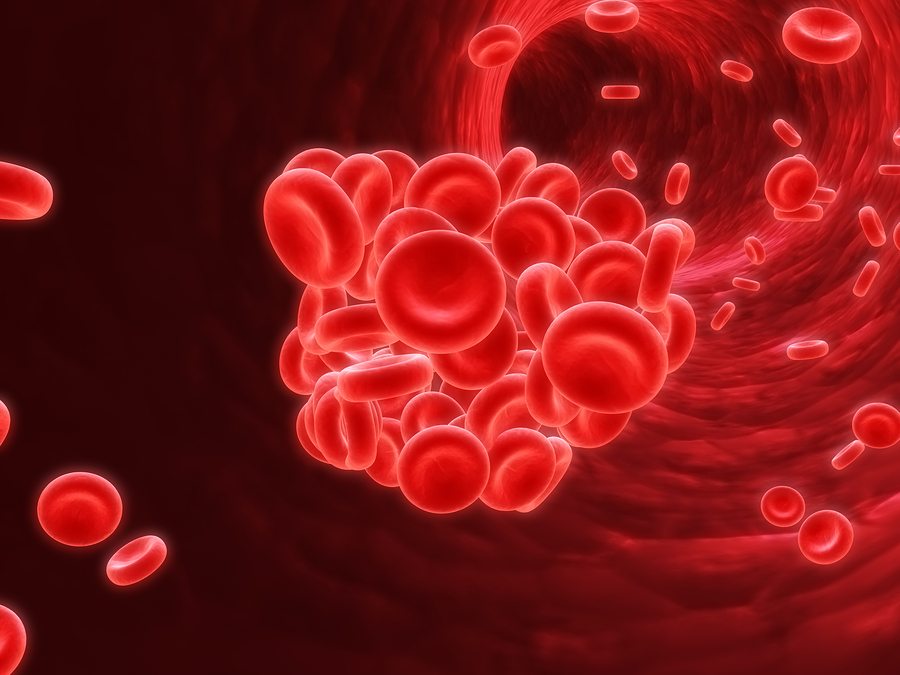Hyperglycemia is just a fancy way of saying that blood sugar (also called blood glucose) is too high.
It happens when the body of a person with diabetes doesn’t have enough insulin or can’t use the insulin it has to handle the blood sugar and bring the levels down. Understanding what causes hyperglycemia and how to recognize the symptoms can help you to prevent serious problems associated with hyperglycemia.

Causes of Hyperglycemia
The digestive process involves the body breaking foods down into their usable components, including glucose. When the amount of glucose in the blood rises, the pancreas is triggered to send out insulin. The insulin acts on the body’s cells to allow them to take in glucose to use as fuel. However, some diabetics have trouble using the insulin their bodies make or their bodies don’t make enough insulin. As a result, too much glucose remains in the blood.
Some factors that might cause a diabetic to experience hyperglycemia are:
- Not taking enough insulin or diabetes medication.
- Using insulin that is expired.
- Not performing an insulin injection properly.
- Eating poorly.
- Not exercising.
- Being sick or having an infection.
- Some medications, including steroids.
- Having an injury or undergoing surgery.
- Emotional stress.
- Left untreated, hyperglycemia can lead to a number of complications, including:
- Neuropathy.
- Kidney damage.
- Cardiovascular problems.
- Cataracts.
- Problems with feet, including sores that don’t heal and amputation.
- Problems with bones and joints.
- Oral infections.
Symptoms of Hyperglycemia
At first, there may be no symptoms of hyperglycemia. They may not show up until blood sugar levels are above 200. Even then, it can take days or weeks for symptoms to appear. That’s why it is important to monitor the blood sugar of diabetics closely. Some early signs of hyperglycemia are:
- Urinating often.
- Being very thirsty.
- Having blurry vision.
- Feeling fatigued.
- Headaches.
- If blood sugar levels aren’t brought back under control, later symptoms are:
- Breath that smells like fruit.
- Vomiting.
- Nausea.
- Feeling short of breath.
- Confusion.
- Abdominal pain.
- Dry mouth.
- Weakness.
- Coma.
Elderly care can help older adults with diabetes to avoid hyperglycemia.
An elderly care provider can remind the senior to check their blood sugar and take medications. An elderly care provider can also prepare healthy meals that follow the suggested diet plan. If the older adult is reluctant to exercise, an elderly care provider can make being active more fun by going for walks with the person so that they have someone to talk to. Or, the elderly care provider can drive them to a fitness class where they can exercise with friends.
If you or an aging loved-one are considering Elder Care in Westchester, IL, please contact the caring staff at Suburban Home Care today. Call (630) 964-9000 or (708) 442-2200.
Sources
http://www.diabetes.org
There are several great reasons why Suburban Home Care® should be your choice for quality homecare. All of our Certified Nursing Assistants and Home Health Aides are screened, trained, bonded and insured.
Every family needs to be aware that almost every Homeowner’s insurance policy specifically excludes anyone working within your home. If the person you hire becomes injured while working for you, you will become personally responsible for all of their medical bills. This has left several families very vulnerable when their caregiver injured themselves at their home.
The potential to lose everything you have worked so hard to achieve seems an unnecessary risk. Every one of Suburban Home Care®’s employees are completely covered by insurance so you and your loved ones can relax knowing that if something unforeseen happens to your caregiver, they are completely covered by insurance.
- How Does Home Care Help Even Out Caregiving Responsibilities? - March 26, 2025
- Journaling More Often as a Family Caregiver - March 11, 2025
- Tools That Can Help Your Senior Parent Grieve - February 24, 2025



